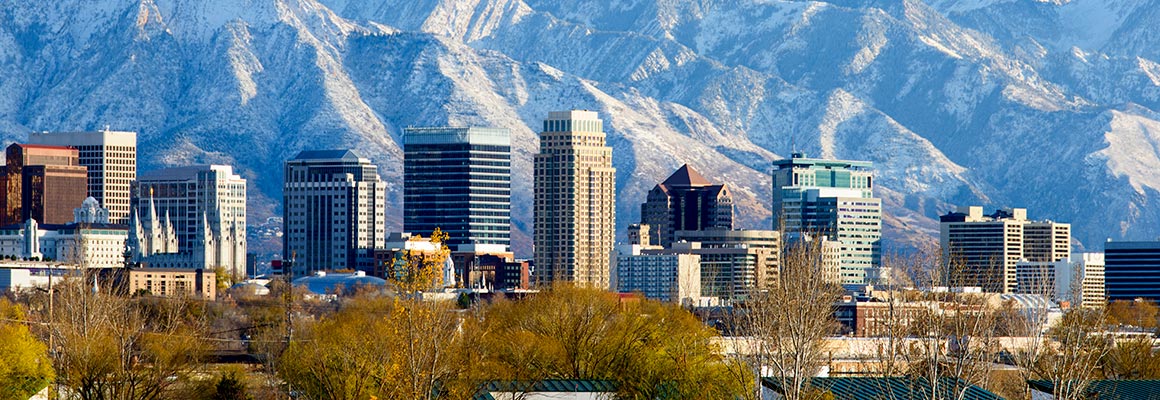tier 3

what is tier 3?
Tier 3 is a set of federal EPA standards that requires petroleum refiners to reduce the sulfur content of gasoline from an annual average of 30 parts per million (ppm) to 10 ppm. It also sets motor vehicle emission standards to be phased in from model year 2017 through 2025.Compliance with federal EPA Tier 3 standards can be met through either production of fuels with lower sulfur emissions or the purchase of sulfur credits in the market.
what is chevron’s tier 3 commitment to utah?
In 2017, the Chevron Salt Lake Refinery made a commitment to produce and make Tier 3 fuels available for purchase in Utah. Using these lower sulfur Tier 3 fuels can help reduce tailpipe emissions from vehicles, which are the largest source of pollution during winter inversions and the summer ozone season.how is chevron producing fuels with lower sulfur emissions in utah?
Chevron’s Salt Lake Refinery has invested millions of dollars to produce and make available for purchase in Utah, that will meet the annual Tier 3 sulfur content requirement. As part of the community, we are committed to producing cleaner fuels to support cleaner air.where can I buy tier 3 gasoline?
Chevron’s Salt Lake Refinery is proud to produce these cleaner fuels in Utah. They are available for purchase at Chevron and Texaco stations throughout the state.There are other benefits of choosing to buy fuels from Chevron and Texaco stations: the Techron additive in Chevron and Texaco-branded gasolines also minimizes harmful tailpipe emissions that cause air pollution. For more information on Techron, go to www.techron.com.
what else does chevron do to support cleaner air?
Tier 3 is one of the ways Chevron is committed to cleaner air in Utah. At the Chevron Salt Lake Refinery, we have worked to significantly reduce our emissions by replacing older equipment and improving operational efficiency.
We also work closely with community organizations, such as the Utah Clean Air Partnership (UCAIR), to implement programs like the gas can, wood stove, and water heater exchanges that have helped reduce emissions from small area sources through voluntary grant programs.
In 2021, The Salt Lake Refinery announced the launch of its Air Action Telework Initiative, allowing eligible employees to work remotely when air quality is likely to exceed federal health standards for ozone or PM 2.5.